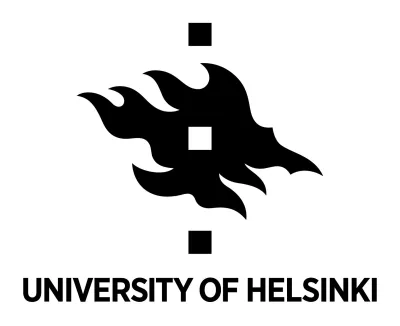Finland

Kevin Durrheim
Kevin Durrheim is a Distinguished Professor of Psychology at the University of Johannesburg and heads its UJ Methods Lab. An NRF A‑rated social psychologist from South Africa, he explores intergroup relations, racism, segregation, polarization, and social change. With over 190 publications and an h-index around 65, his interdisciplinary work spans experimental, qualitative, and computational methods. He co‑edited influential books like Racial Encounter (2005), Race Trouble (2011), and Qualitative Studies of Silence (2019), and authored key texts on research methods. His research tackles how everyday discourse and identities shape and respond to social transformation.
Human reason and decision making are not solitary mental accomplishments but are embedded in social interactions and subject to influence from others. A series of famous studies in social psychology have shown how obedience (Milgram) and conformity (Asch, Zimbardo) dynamics can produce extreme and even irrational behaviour. Durrheim seeks to show how social influence processes evolved in small group interactions, took on new political significance with the development of the “public sphere” (Habermas), and have transmogrified in the age of internet to produce new forms of polarization and extremism. He will review digital media studies of language and polarization to investigate how social influence has adapted to the new online environment, and to understand how the internet is affecting politics and collective wellbeing.
Intergroup contact and social change; using LLMs to study social bias and polarization;
research methods training in Africa; discursive processes related to prejudice
